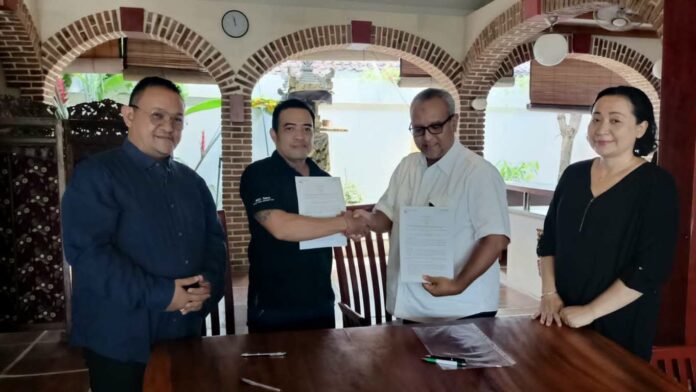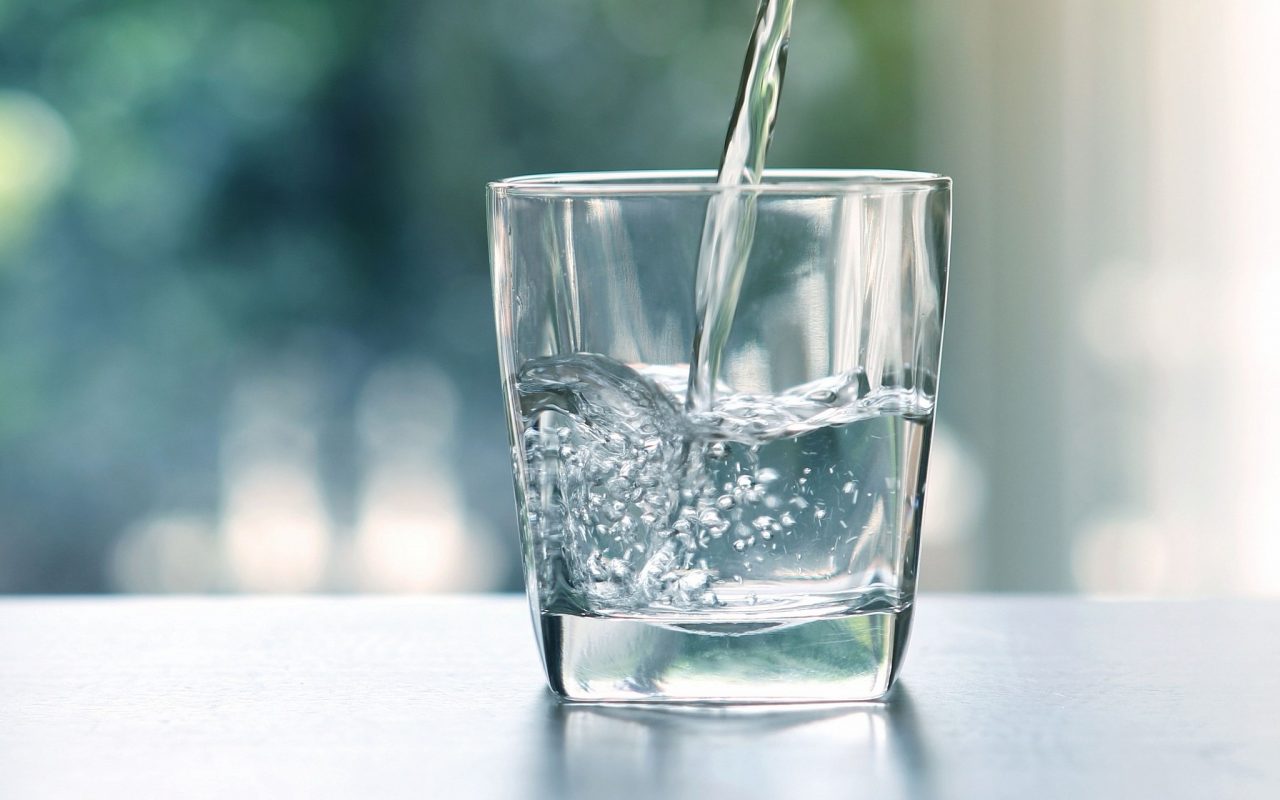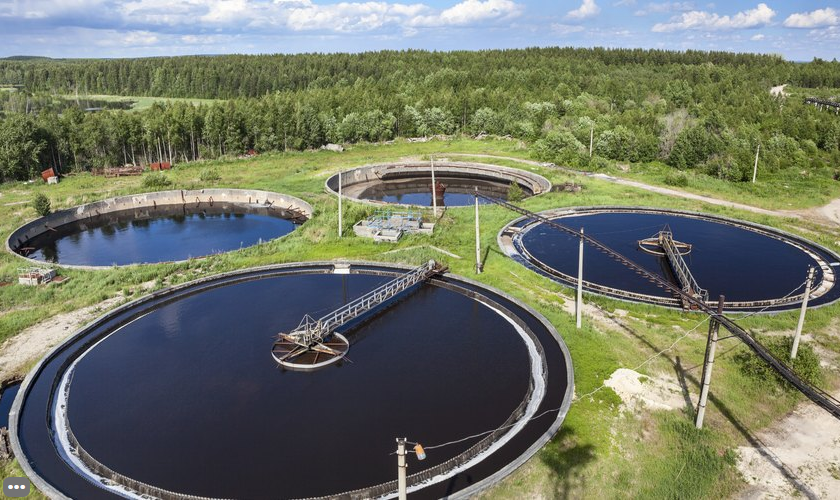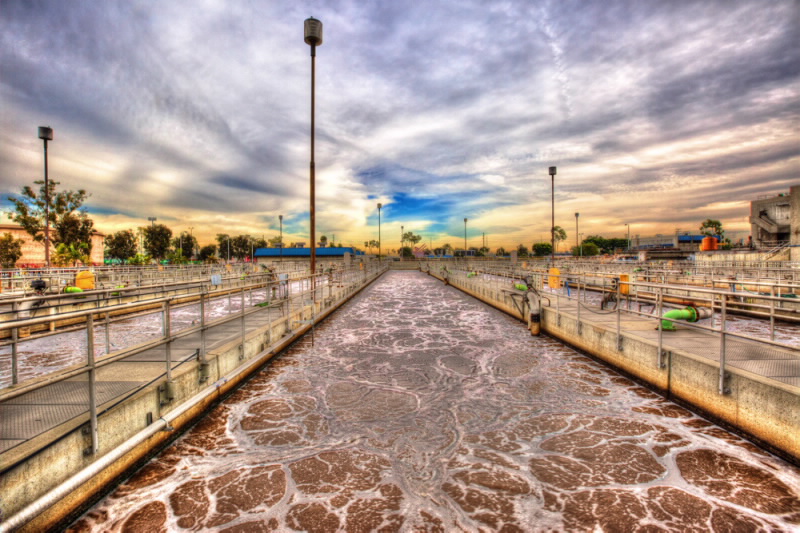SHENSHEN, ULTIMOPARADISO.COM – PT Amanaid Indonesia has officially entered into a strategic partnership with 301 Shenzhen Bio Technology China to develop organic waste and food waste processing technology.
The Cooperation Agreement was signed in Shenzhen, Guangdong Province, by A.A. Ngurah Panji Astika, Founder of PT Amanaid, and Mr. Lou, Founder of 301 Shenzhen, witnessed by Gordon Tse, Board of Directors of 301 Shenzhen, on Monday (March 3, 2025).
Also signing the Cooperation Agreement were Mrs. Gustina Hutapea as a witness from Indonesia and Gordon Tse from China. The event was also attended by Mrs. A.A. Sagung Mas Dewi, Commissioner of PT Amanaid Indonesia.
“As a company with 25 years of experience in Sustainability Engineering, PT Amanaid is widely recognized for its application of Wastewater Treatment Plant (WWTP) technology in Indonesia,” Turah Panji stated, referring to his well-known nickname.
The products of PT Amanaid are registered with the Ministry of Environment and the Ministry of Health, and are also included in Indonesia’s government E-Catalog.
“With our experience in handling nearly 1,000 WWTP systems for both government and private projects, PT Amanaid is now the only company outside of China entrusted to develop the market for the 301 Organic Waste Processing Machine in Indonesia,” he explained.
With a proven track record, PT Amanaid is confident that this technology will become a key solution in addressing waste management challenges in Bali and Indonesia.
“The 301 machine is expected to help the government manage waste more efficiently, reduce environmental impact, and raise awareness of the importance of sustainable waste management,” he added.
Founder of 301 Shenzhen, Mr. Lou, explained that 301 Shenzhen’s technology has been developed for nearly 20 years and is now operational in over 300 locations across China and Hong Kong, with a capacity ranging from 150 kg to 300 tons of waste per day.
This collaboration marks a significant step for Indonesia in adopting international-standard green technology, while also strengthening PT Amanaid’s position as a pioneer in the country’s waste processing industry.
“The main advantage of this machine is its ability to convert organic waste into compost within just 4 hours. It is fully automatic, requires minimal technical maintenance, environmentally friendly with zero gas emissions, liquid waste, and odors, and can be installed near residential areas without disrupting the environment,” Mr. Lou concluded.***






